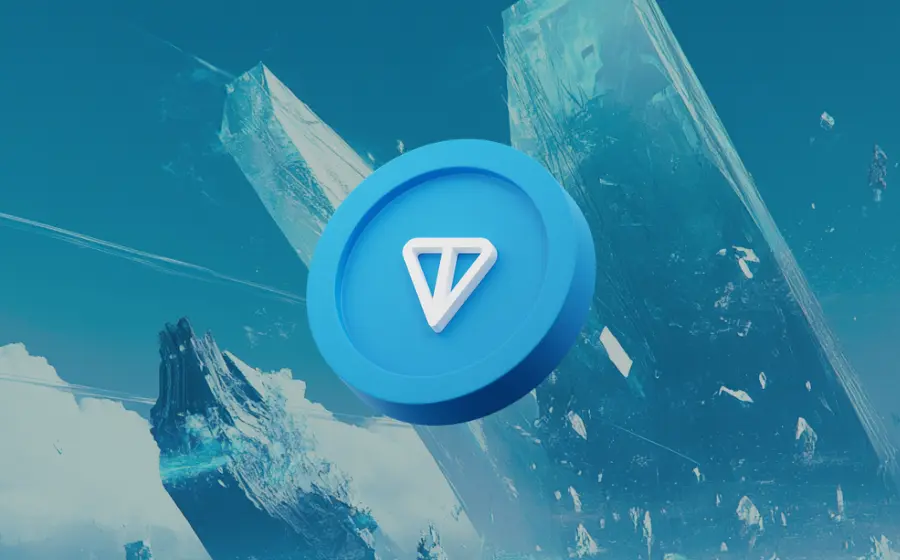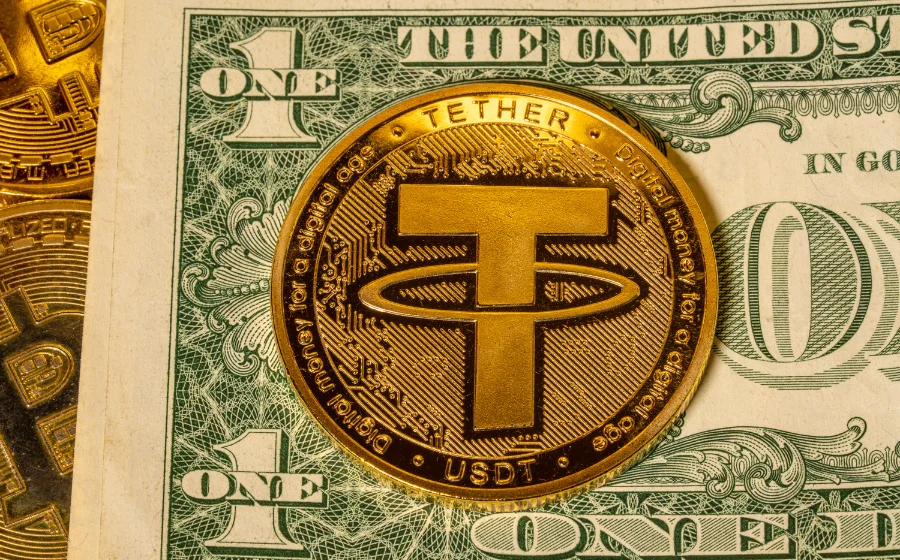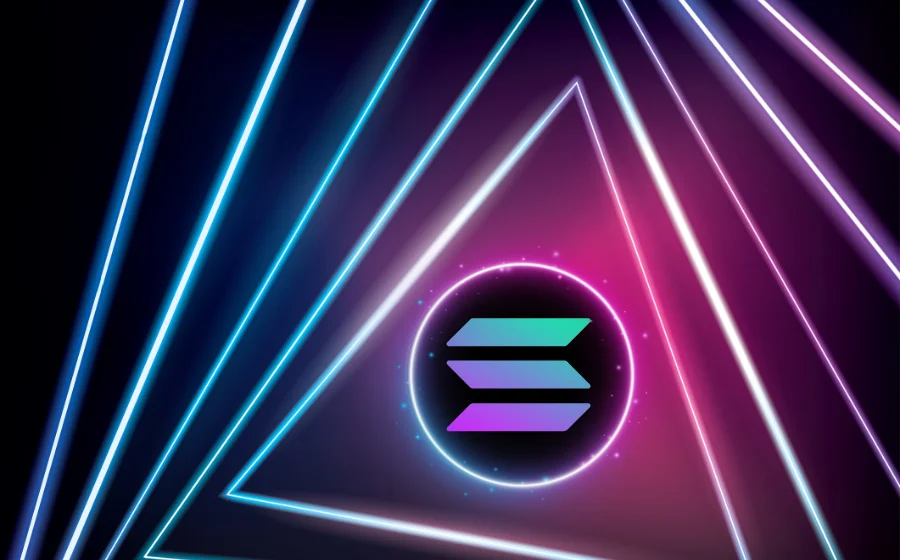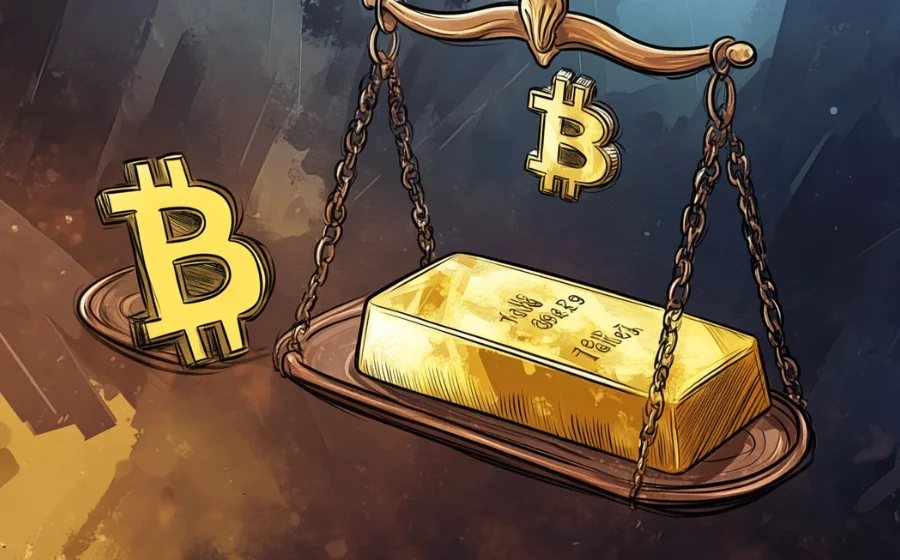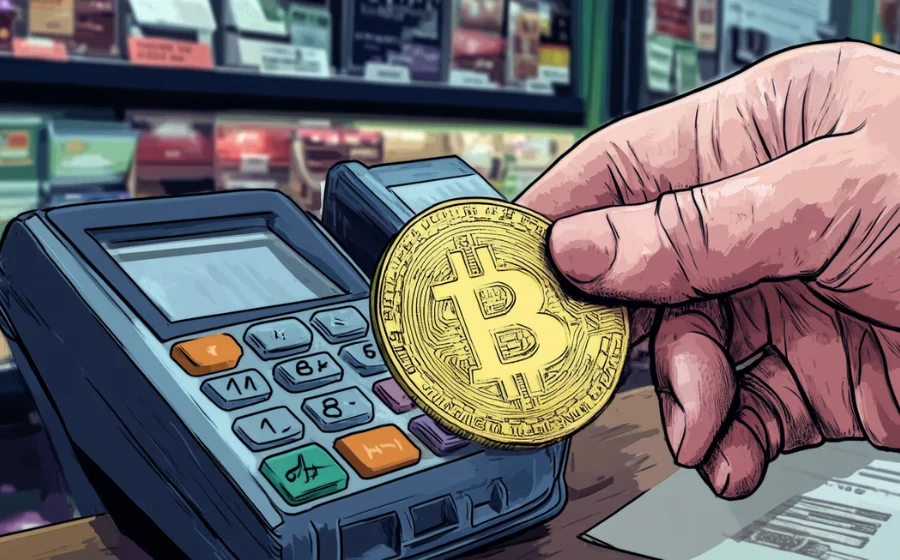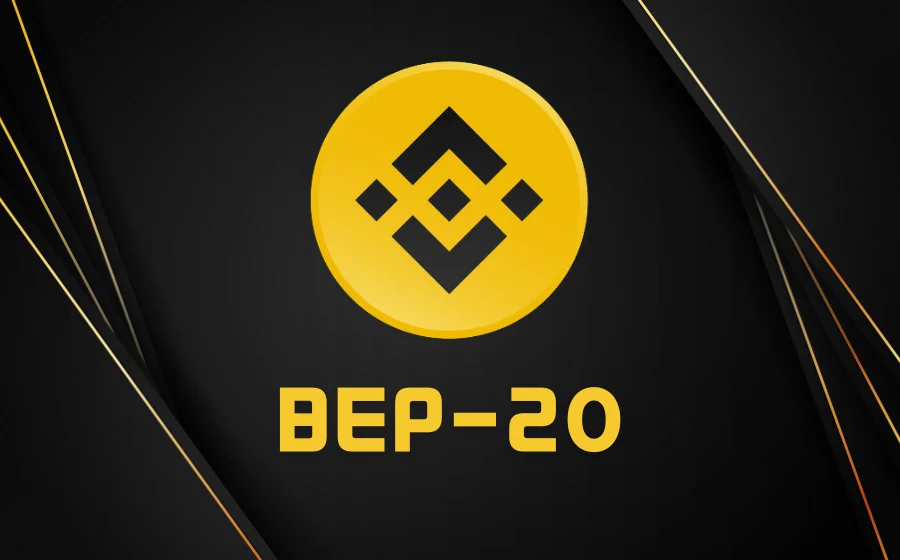
KEYTAKEAWAYS
- DeFi eliminates intermediaries, offering financial services through smart contracts and dApps on blockchain.
- It provides high returns but comes with risks like volatility and regulatory uncertainty.

CONTENT
This comprehensive guide explains what DeFi is and how it works by introducing decentralized finance, its components like smart contracts and dApps, its benefits, risks such as market volatility and regulatory uncertainty, and the future of DeFi as a financial system.
INTRODUCTION
Decentralized Finance, commonly referred to as DeFi, has taken the financial world by storm, offering a completely new way to handle financial transactions and services. It represents a shift away from traditional banking institutions towards a more transparent, accessible, and decentralized financial system. DeFi removes intermediaries like banks and brokers, allowing users to directly interact with financial services through blockchain technology and smart contracts. As DeFi continues to grow, it is crucial to understand what it is, how it works, and the risks and benefits associated with it.
This comprehensive guide will explore DeFi in depth, covering its definition, key components, risks, benefits, and investment potential. Whether you’re new to the crypto world or looking for a deeper understanding of DeFi, this article will provide the insights you need.
HOW DOES DEFI WORK?
DeFi operates on blockchain networks, particularly Ethereum, which allows developers to create smart contracts—self-executing agreements coded into the blockchain. These smart contracts automatically execute transactions when specific conditions are met, eliminating the need for a third party.
Blockchain ensures that transactions are secure, transparent, and immutable. DeFi uses decentralized applications (dApps) built on blockchain to provide financial services such as lending, borrowing, trading, and earning interest. These dApps function without intermediaries and are open to anyone, creating a borderless financial ecosystem.
Smart contracts are the foundation of DeFi. For example, in a DeFi loan, instead of a bank acting as an intermediary, a smart contract enforces the loan’s terms, including the repayment schedule, interest rates, and collateral requirements. The automation and transparency of these contracts make DeFi more efficient and secure than traditional finance.
>> Also read: What is a Smart Contract?
KEY COMPONENTS OF DEFI
Decentralized finance is composed of several essential components that work together to offer a wide range of financial services. Here are some of the key elements that drive the DeFi ecosystem.
Smart Contracts
Smart contracts are the backbone of DeFi. These are automated contracts that execute transactions based on pre-set rules. For example, if certain conditions are met, the contract will automatically transfer funds or complete an agreement. This eliminates the need for intermediaries, ensuring that transactions are transparent and trustless.
Decentralized Applications (dApps)
DeFi services are delivered through decentralized applications (dApps) that run on blockchain networks. Unlike traditional apps, dApps are not controlled by a central authority, making them more resistant to censorship and more transparent. Popular dApps like Uniswap, Aave, and Compound offer a range of services, from decentralized exchanges to lending and borrowing.
Decentralized Exchanges (DEXs)
Decentralized exchanges (DEXs) like Uniswap allow users to trade cryptocurrencies directly from their wallets without relying on centralized exchanges like Bitget or Binance. These exchanges operate without intermediaries, reducing fees and offering more privacy.
>> Also read: Choosing the Right Cryptocurrency Exchange: CEX vs DEX
Stablecoins
Stablecoins are cryptocurrencies that are pegged to the value of a traditional asset, such as the US dollar. They provide stability in an otherwise volatile market. Stablecoins are essential in DeFi as they are often used in lending and borrowing services, providing a more stable medium of exchange.
Liquidity Pools and Yield Farming
Liquidity pools are collections of funds that users provide to decentralized exchanges to facilitate trading. Yield farming allows users to earn rewards by providing liquidity to these pools. In return for staking or providing liquidity, users earn interest or tokens, making yield farming one of the most popular ways to generate returns in DeFi.
BENEFITS OF DEFI
Decentralized finance offers several advantages over traditional financial systems. Here are some of the key benefits:
Accessibility
DeFi is accessible to anyone with an internet connection and a cryptocurrency wallet. This opens up financial services to people who are unbanked or living in regions where traditional banking systems are underdeveloped.
Lower Costs
By eliminating intermediaries, DeFi reduces transaction fees. Users can save on costs, whether they are trading, borrowing, or lending, compared to traditional financial services.
Transparency
DeFi transactions are recorded on a public blockchain, making them transparent and auditable. This level of transparency ensures accountability and reduces the potential for fraud.
Control and Ownership
In DeFi, users retain full control over their assets. Unlike traditional banks, where institutions manage your money, DeFi allows users to manage their funds independently, reducing the risks of bank failures or mismanagement.
RISKS ASSOCIATED WITH DEFI
While DeFi has many benefits, it also comes with risks. Here are some key risks that users should be aware of before engaging in decentralized finance:
Smart Contract Vulnerabilities
Although smart contracts are designed to be secure, they are still vulnerable to bugs and exploits. A flaw in the contract code could be exploited, leading to significant losses. Several high-profile hacks in DeFi have occurred due to vulnerabilities in smart contracts.
Regulatory Uncertainty
DeFi operates in an unregulated space, which could lead to future legal challenges. Governments are still figuring out how to regulate DeFi, and future regulations could impact its development and growth.
Market Volatility
Cryptocurrencies are highly volatile, and DeFi tokens are no exception. Prices can fluctuate wildly, leading to potential losses for users who are not prepared for the market’s volatility.
Security Risks
DeFi platforms are a target for hackers. While blockchain is inherently secure, the surrounding infrastructure (e.g., wallets, dApps) can be vulnerable to attacks. Security remains a major concern in DeFi, and users must take precautions.
IS DEFI A GOOD INVESTMENT?
DeFi has gained attention as an investment opportunity, offering potentially high returns but also carrying significant risks. Here’s a breakdown of DeFi as an investment:
Opportunities in DeFi Investments
DeFi’s rapid growth in recent years has attracted both retail and institutional investors. Yield farming, staking, and lending platforms offer high yields, often surpassing traditional investment returns. By providing liquidity or staking assets, investors can earn significant rewards, making DeFi an attractive option for those seeking high-risk, high-reward opportunities.
Additionally, DeFi provides greater control over assets, with no reliance on intermediaries. This autonomy appeals to investors who value financial independence and transparency.
Risks of Investing in DeFi
Despite the potential for high returns, DeFi investments carry significant risks. Market volatility can lead to sudden losses, and the decentralized nature of DeFi means that users are responsible for managing their security. Smart contract vulnerabilities, regulatory uncertainty, and the risk of hacks also pose challenges for investors.
Investors should be aware that while DeFi can offer higher returns than traditional finance, it is a relatively new and experimental space. High returns come with increased risk, and thorough research is essential before committing funds.
Is DeFi Here to Stay?
DeFi’s potential to disrupt traditional finance positions it as a long-term opportunity. Its decentralized, transparent, and open nature offers significant advantages over traditional financial systems. However, challenges such as scalability, regulation, and user adoption could affect its growth.
As technology advances and regulation evolves, DeFi’s future looks promising. While it may still be in its experimental phase, many experts believe that DeFi has the potential to become a cornerstone of global finance.
WHAT IS DEFI FOR DUMMIES?
For beginners, DeFi can seem overwhelming. However, at its core, DeFi is simply a system of financial services that operates without intermediaries. Traditional finance involves banks, brokers, and other centralized institutions that manage transactions. In DeFi, these services are automated using smart contracts, allowing users to lend, borrow, and trade without relying on a third party.
A Beginner-Friendly Explanation of DeFi
DeFi can be thought of as a decentralized bank where financial transactions happen automatically using code. Instead of needing to go through a bank to lend money or take out a loan, DeFi platforms let you do these activities directly with other users. Everything is governed by smart contracts, which execute transactions once conditions are met, making DeFi faster and more efficient.
Simple Comparison with Traditional Finance
Imagine going to a bank to open a savings account. The bank holds your money and pays you interest. In DeFi, you can use platforms like Aave to lend your crypto and earn interest, but instead of a bank managing the process, a smart contract does the work. This system cuts out the middleman, often leading to lower fees and faster transactions.
Popular DeFi Platforms
For beginners, some user-friendly DeFi platforms include:
- Uniswap: A decentralized exchange where you can trade cryptocurrencies without needing a centralized platform.
- Aave: A platform that allows users to lend and borrow cryptocurrencies while earning interest on deposits.
- Compound: A lending and borrowing platform that lets users earn interest by providing liquidity.
These platforms are designed to make DeFi accessible even to newcomers, offering a seamless way to interact with decentralized financial services.
>> Also read: Crypto Trading Strategies for Beginners: Your First Step to Earning Millions
POPULAR USE CASES OF DEFI
DeFi is not just for lending and borrowing. Here are some of the most common use cases in decentralized finance:
Lending and Borrowing
DeFi platforms like Aave and Compound allow users to lend their assets or borrow against their crypto holdings. This process happens automatically through smart contracts, offering faster and more flexible financial services.
Decentralized Exchanges
Decentralized exchanges (DEXs) such as Uniswap enable users to trade cryptocurrencies without intermediaries. This reduces fees and provides more privacy compared to traditional exchanges.
Staking
Staking involves locking up cryptocurrency to support a blockchain network’s security and operations. In return, users earn rewards, making staking an attractive option for earning passive income in DeFi.
>> Also read: What Is Crypto Staking?: Overview, How It Works, & Future
Insurance
DeFi insurance platforms, such as Nexus Mutual, provide coverage for risks like smart contract failures or exchange hacks, helping users mitigate some of the risks involved in DeFi.
FUTURE OF DEFI
The future of DeFi looks bright, with continuous innovation expected in the coming years. DeFi has the potential to revolutionize the global financial system by making it more accessible, transparent, and efficient. However, regulatory challenges and security risks must be addressed for DeFi to reach mainstream adoption.
Layer 2 solutions, cross-chain compatibility, and improved scalability are some of the technological advancements that could further propel DeFi’s growth. As more users and institutions explore decentralized finance, DeFi’s role in the future of finance will continue to expand.
CONCLUSION
Decentralized finance (DeFi) is reshaping the world of finance by offering an alternative to traditional financial systems. Through smart contracts and blockchain technology, DeFi enables users to take control of their financial transactions without relying on intermediaries. While the benefits of accessibility, transparency, and control make DeFi an exciting innovation, it also comes with risks such as market volatility, security vulnerabilities, and regulatory uncertainty.
For those willing to navigate these challenges, DeFi presents unique investment opportunities and the potential for high returns. Whether you are looking to lend, borrow, trade, or simply explore the decentralized world, DeFi offers a wide range of possibilities for the future of finance.

